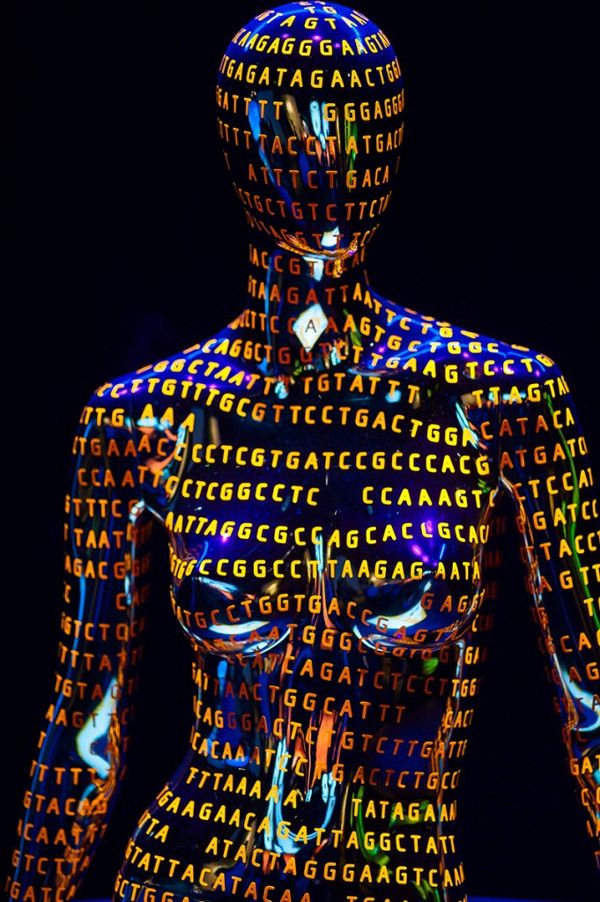The number of genes does not determine the level of human evolution
About half a century ago, scientists estimated the number of human genes up to millions. But modern research has reduced this number to about 20,000.
We always think that humans are at the highest peak in the evolutionary ladder of species on Earth. Life has evolved over three billion years from simple unicellular organisms to multicellular organisms and finally to the diverse animals today.
In addition to the complex development of ecosystems, history has also recorded the tremendous growth of intelligence, social complexity and technological innovations.
Many people believe that the development of life from simple to complex is reflected in the increase in the number of genes . We are always interested in the thought of leading the Earth with great intelligence. Besides, we also expect that humans are the most complex creatures and therefore must have the most genetic set.

It's amazing to know that people only need 3000 genes to have a healthy body.(Image source: medicinewatch.org).
However, about half a century ago, scientists estimated human genes to millions. But modern research has reduced this number to about 20,000. We now know the heartbreaking fact that even banana has a total of nearly 30,000 genes, 50% more than us.
Therefore, the researchers concluded that the number of genes does not reflect the level of evolution of the organism that the determining factor lies in the complexity of the gene that these organisms possess.
Usually, it is said that the gene implies the structural gene . The structural gene is the DNA segment that carries the necessary information that encodes a polypeptide sequence. In particular, polypeptides are structural components that make up proteins. This is a group of molecules that play an important role (but not completely) that regulate the phenotype of the organism.
A typical gene has about 1,000 polypeptides. A challenge in counting genes in eukaryotes is that they are not aligned and quite complex. Our genetic structure consists of 3 billion polypeptides that clutter together. In many species, nearly 50% of genes are inactive or do not carry any function at all. Therefore it is difficult to count exactly the number of genes needed to make up the human body.
The number of genes we need to live a healthy and normal life is even lower than 20,000.

People only need about 3,000 genes to actually create a complete and healthy body.
All of our genes have two copies - one from father and one from mother. Usually, a copy can compensate for the other copy if it doesn't work. And it's hard to find people with both copies at the same time inactivated because inactivated genes are rare in nature.
A recent study removed at least 700 more genes in the human genome because they did not carry any specific function. Extrapolation estimates that humans only need about 3,000 genes to actually create a complete and healthy body. This number approximates the number of genes in a large-sized virus.
Typically Pandoravirus was discovered by scientists in a 30,000-year-old Siberian tape sample in 2014. This is considered the largest virus strain known to date and has about 2,500 genes.
- Human evolution
- Gene decides the ability of human memory
- A new gene shows human evolution
- Which hair color 'most amiable'?
- Human genome mystery
- How will people change in the next 1000 years?
- Difficulty in identifying genes 'smart'
- Pressure makes people evolve faster
- The truth about human origin
- New discovery of human evolution
- Decay at the molecular level of genes regulating enamel in toothless animals
- Detects genes for cancer, prolongs life
 Green tea cleans teeth better than mouthwash?
Green tea cleans teeth better than mouthwash? Death kiss: This is why you should not let anyone kiss your baby's lips
Death kiss: This is why you should not let anyone kiss your baby's lips What is salmonellosis?
What is salmonellosis? Caution should be exercised when using aloe vera through eating and drinking
Caution should be exercised when using aloe vera through eating and drinking